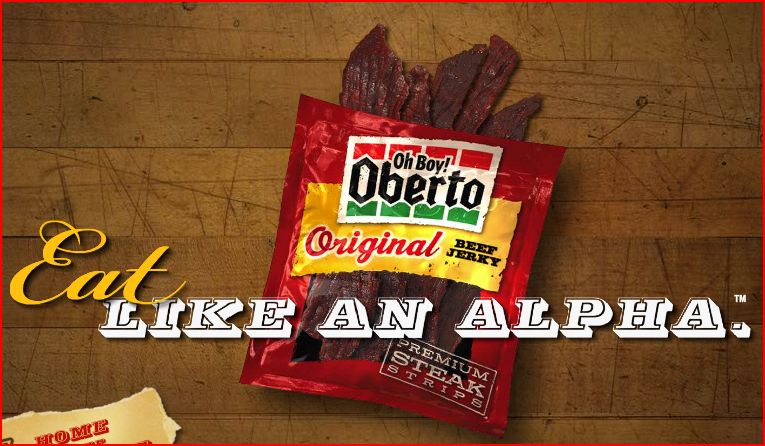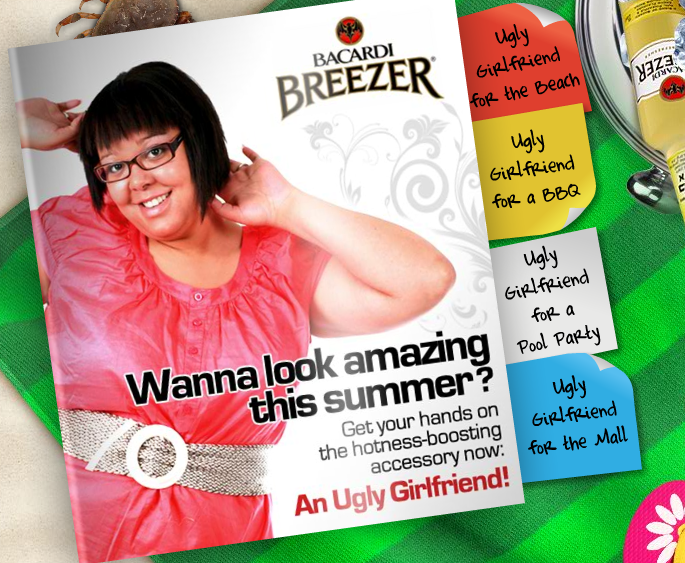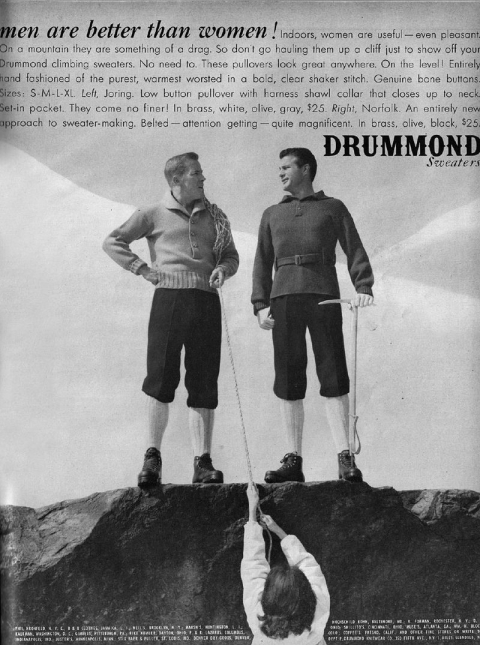
Why did Bloomsbury Press choose this cover for a YA novel about a short-haired black girl? Maybe because, according to publishers, “black covers don’t sell.”
Justine Larbalestier, author of Liar, says she wanted an American cover similar to the Australian cover, which depicted the word “liar” in red letters. But Bloomsbury “has had a lot of success with photos of girls on their covers and that’s what they wanted.” So why a white girl? Larbalestier says not all the girls Bloomsbury proposed were white, but the one they went with may have to do with some upsetting prejudices in the publishing and bookselling industries. She writes:
Since I’ve told publishing friends how upset I am with my Liar cover, I have been hearing anecdotes from every single house about how hard it is to push through covers with people of colour on them. Editors have told me that their sales departments say black covers don’t sell. Sales reps have told me that many of their accounts won’t take books with black covers. Booksellers have told me that they can’t give away YAs with black covers. Authors have told me that their books with black covers are frequently not shelved in the same part of the library as other YA-they’re exiled to the Urban Fiction section-and many bookshops simply don’t stock them at all.
So basically bookstores are acting like restaurants in the Jim Crow South, segregating “black covers” in a special section, or refusing to allow them at all. This may be causing presses like Bloomsbury to whitewash their covers, resulting in confusion and anger, at least among Larbalestier’s readers. One blogger asks,
Did the publishers not want to put a black girl on the cover for fear of not selling enough books to their white customers? Or is the cover supposed to be what Micah [the main character] really looks like, and her description in the book is just another of her lies?
Larbalestier says she never intended for Micah’s race to be in doubt. Nor, obviously, did she want parents not to buy the book because “my teens would find the cover offensive.” But the whitewashing of covers has implications beyond Larbalestier’s readership. She asks, “How welcome is a black teen going to feel in the YA section when all the covers are white?” And she points out that the idea that “black covers don’t sell” is a self-fulfilling prophecy:
I have found few examples of books with a person of colour on the cover that have had the full weight of a publishing house behind them. Until that happens more often we can’t know if it’s true that white people won’t buy books about people of colour. All we can say is that poorly publicised books with “black covers” don’t sell. The same is usually true of poorly publicised books with “white covers.”
Larbalestier says that publishers have historically underestimated the size of the African-American leadership, and that the music industry has no problem selling album with black artists on the cover. The supposed inviability of the “black cover” may have more to do with racist assumptions — that white people won’t be interested in a book with a black protagonist, or that black people won’t buy books — than they do with actual commercial realities. According to Larbalestier, these commercial realities haven’t even really been tested yet. But they could be — if Bloomsbury does what Larbalestier now wants, and puts a short-haired black girl on the cover of Liar.
Ain’t That A Shame [Justine Larbalestier]
YA Critics Feel Cheated By Liar Cover Girl [GalleyCat]
Liar, Liar, Pants on Fire [The LibrariYAn]
————————–
Anna North recently received an MFA in Fiction from the Iowa Writers Workshop, and is working on a novel. She writes about books for Jezebel, among other topics.
If you would like to write a post for Sociological Images, please see our Guidelines for Guest Bloggers.









